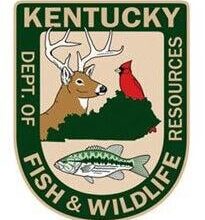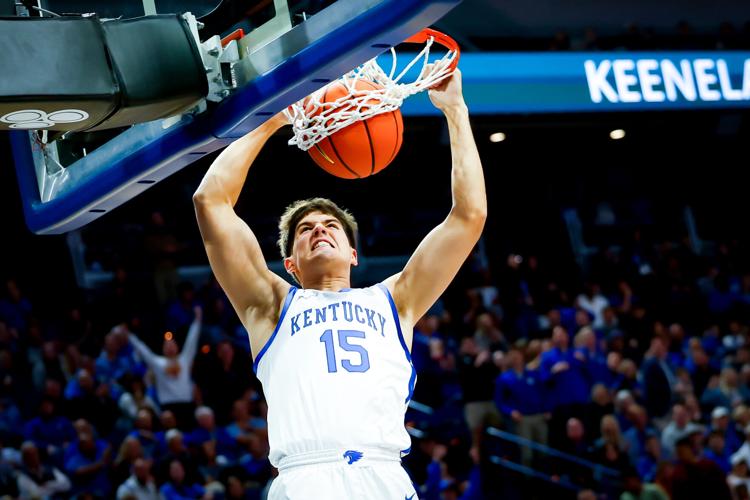Asbury professors selected for Lilly Faculty Fellows Program
Published 12:39 pm Thursday, February 14, 2019
From staff reports
Wilmore — Asbury University faculty strive to demonstrate the university’s commitment to academic excellence and spiritual vitality both in the classroom and in their individual academic endeavors. Faculty members Dr. Daniel Strait and Dr. Ben Brammell are the most recent example of the university’s commitment as the two were selected to participate in the highly competitive Lilly Faculty Fellows Program.
The program provides startup funds of $10,000 to each participating team to create a Lilly Faculty Fellows Program on its own campus. Individual fellows are also awarded a $5,000 honorarium for participation.
The purpose of the program is for mid-career faculty leaders across the disciplines to examine the intersections of the Christian faith and the academic vocation.
“Asbury only joined the (Lilly) network last year, so receiving this award so early in our membership is a reminder of what we have to offer,” said Dr. Tim Campbell, academic dean who also serves as the Lilly administrative representative at Asbury. “It’s a testament to the value and abilities of the faculty body, and by extension academics.”
The fellowship program serves to enliven the participants’ callings as Christians, professors and scholars while providing a space for creative exploration into the ways in which Christian thought intersects with the academic world. It also provides funding for fellows to develop and pilot Faculty Fellow programs on their own campuses.
Dr. Timothy Wooster, who recently stepped into the role of provost, said he looks forward to seeing how this initiative will impact the campus community in the coming years.
“I would like to congratulate Dr. Strait and Dr. Brammell for their selection to participate in the Lilly Faculty Fellows Program,” Wooster said. “This award is a significant achievement and underscores the Asbury University commitment to academic excellence and spiritual vitality. The twofold aim of this initiative to cultivate a sense of calling in our students and to explore how Christian thought intersects with academic vocation goes to the very heart of our Christian liberal arts identity.”
Strait, a professor of English and associate dean of the College of Arts and Sciences, said he is especially excited to participate in the program.
“I am thrilled to be part of the Lilly Faculty Fellows program,” Strait said. “Lilly educational initiatives reflect the highest commitment to the deepest explorations of Christian faith and vocation. It’s a privilege to join Lilly to advance this mission, not merely as an academic endeavor, but as a Christian calling.”
In total, there are eight teams of two fellows each, selected from eight different network schools for participation in the two-year program. The teams will attend four conferences in Indianapolis and Chicago during the course of the fellowship. Brammell, who is an associate professor in the Department of Science and Health, and Strait, will be working together as one of those teams.
“I was very surprised and grateful that we were selected to participate in the Lilly Fellows program,” Brammell said. “I see the Lilly Faculty Fellows program as a unique opportunity to expand the discussion of faith and science integration beyond just the classroom and laboratory and am very much looking forward to the opportunity.”
Associate Professor of History Dr. David Swartz, who serves as the Lilly faculty representative, is hopeful at the promising partnership of Strait and Brammell which will connect two very different disciplines over the course of the fellowship.
“This award speaks to Brammell and Strait’s desire to reinforce a communitarian ethic at Asbury that is grounded in Christian faith — and to connect with scholars from other institutions who share this commitment,” Swartz said. “The intriguing pairing of a professor who studies Renaissance poetry with one who investigates the impact of pollution on aquatic organisms promises to enliven the liberal arts at Asbury.”






